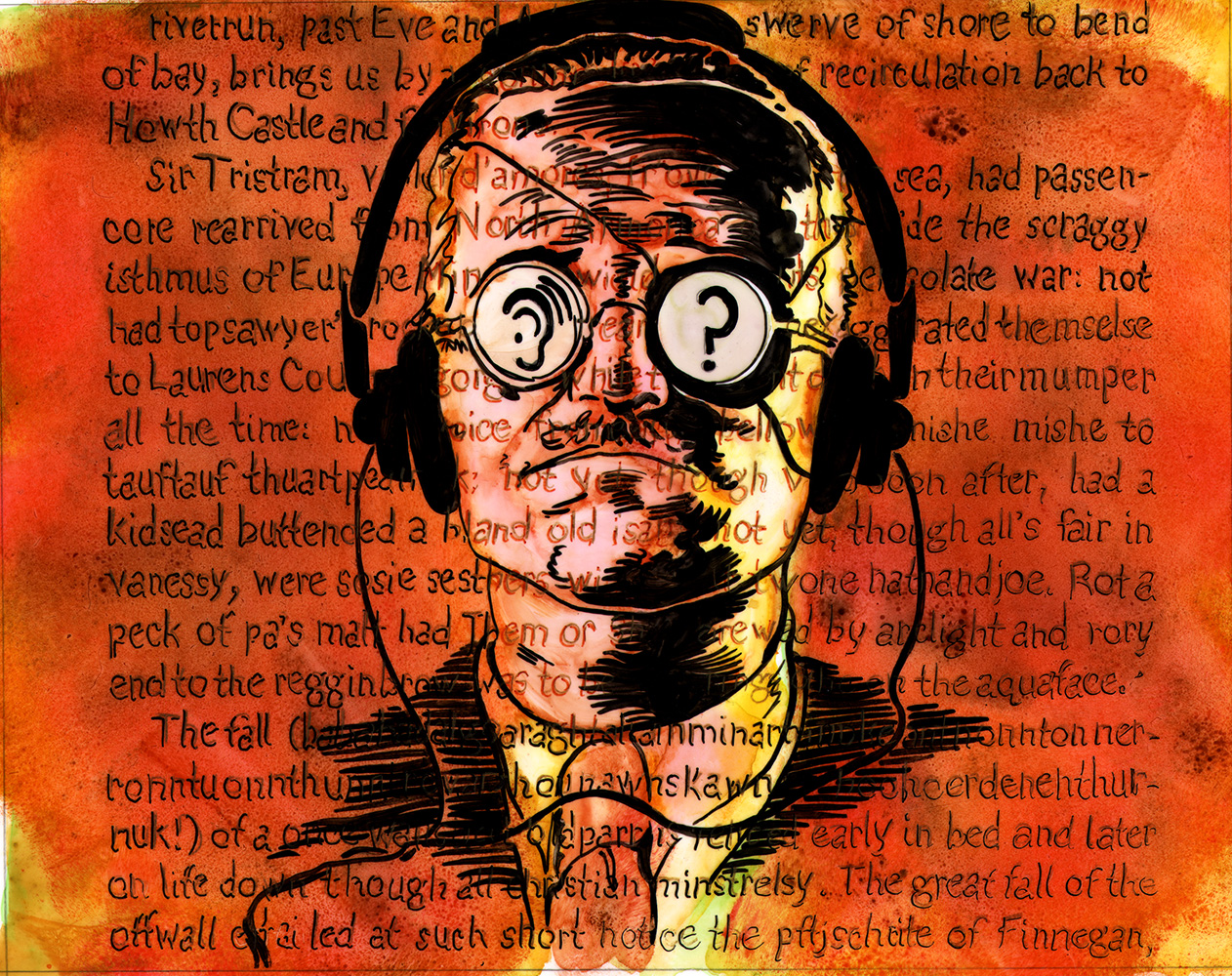Signs Preceding the End of the World begins with a gaping sinkhole, swooping to rush open, our protagonist Makina deftly moving away and on with her day. So we might consider the language of Yuri Herrera’s writing and Lisa Dillman’s translation into English: opening up before us, perhaps cataclysmic, rushing, yet simultaneously unruffled, pithy.
As Dillman notes, it is especially timely for this book to come to fruition. In this era of extreme fear-mongering, insisting on farcical walls being erected at illusory borders, this novel ventures into themes and questions of migration, immigration, transnationalism, transculturalism, language hybridity, and, of course, death and the end of the world—which these days seems to be looming ever-closer on our horizon.
We follow Makina as she journeys to track down her brother on the other side of the US-Mexican border. Makina is a character eluding cliché and expectation, with a sort of quiet, no-nonsense demeanor but also a brittle resilience that manages to subvert machismo and, furthermore, the eye-roll-worthy genres of feisty damsel or unrealistically sexualized waif. Makina is dexterous in her actions, observations, and expressions. Dillman writes her reflections with pointed beauty. For example, once Makina reaches US territory:
They are homegrown and they are anglo and both things with rabid intensity; with restrained fervor they can be the meekest and at the same time the most querulous of citizens, albeit grumbling under their breath. Their gestures and tastes reveal both ancient memory and the wonderment of a new people. And then they speak. They speak an intermediary tongue that Makina instantly warms up to because it’s like her: malleable, erasable, permeable; a hinge pivoting between two like but distant souls, and then two more, and then two more, never exactly the same ones; something that serves as a link.


